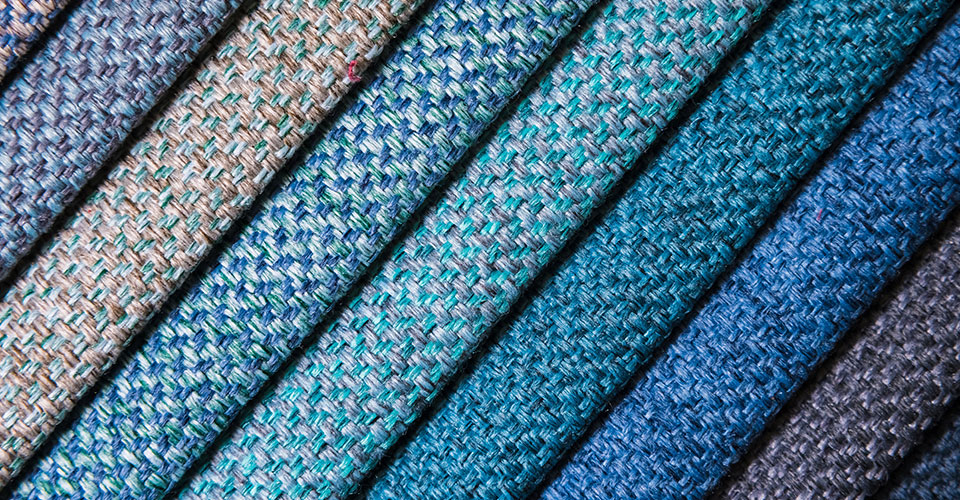-
Textiles are traded globally. However, consumers cannot trace the textile production chain and must therefore rely on the fact that the textiles they buy are flawless. To ensure this, the test methods must also be uniform, reproducible and unambiguous worldwide.
The Deutsche Echtheitskommission e.V. (German Colour Fastness Committee) (DEK) makes the knowledge of its members available in symposia, congresses and training events. It elaborates and develops reference standards as well as tools for evaluating the colour fastness of textiles that meet the respective technical requirements.
DEK GmbH produces and distributes testing aids required for testing the colour fastness of textiles. It ensures the availability of the tools required by the DIN EN ISO 105/ ISO 105 series of standards for the colour fastness testing of textiles.
-
Companies in the textile industry, dye manufacturers, scientific institutes, test institutes, textile trade, colleges and universities, museums, automotive industry, test equipment manufacturers, rail vehicle construction, aviation industry, interior decorators, architects, experts and many more.
-
The Deutsche Echtheitskommission - DEK was founded in 1911 at the instigation of the then Association of German Chemists in Leverkusen.
International developments led to the DEK realigning itself in 2008 as an independent non-profit association "Deutsche Echtheitskommission e.V.". The close link to DIN is contractually regulated and will also be maintained in the future via the standards committee DIN NA 062-05-11 AA "Colour fastness of textiles”.


